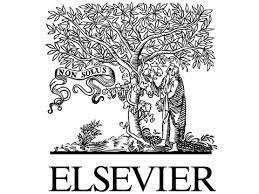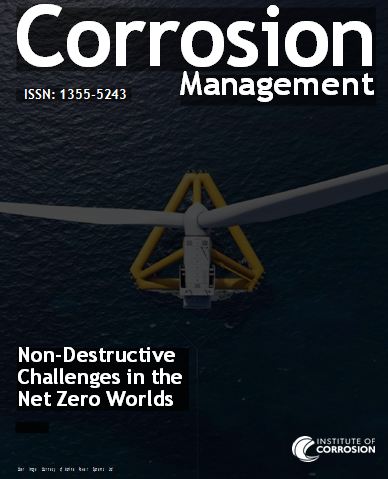Predicting Quality of Life Among Ibadan Residents: The Influence of Self-Esteem, Religious Commitment, Transportation, and Disaster Lifelines In Ibadan, Oyo State
DOI:
https://doi.org/10.3390/fmjnw627Abstract
Quality of Life (QoL) is a vital indicator of societal well-being, shaped by the interplay of psychological factors and access to supportive infrastructure. While QoL is influenced by a combination of psychological factors, there is a gap in understanding how transportation access, and disaster lifelines interplay with self-esteem and religious commitment to influence perceived QoL in rapidly urbanizing city. This study examined how self-esteem, religious commitment, transportation, and disaster lifelines predict perceived QoL among residents of Ibadan, a rapidly urbanizing city in Ibadan, Oyo state, Nigeria. Using a cross-sectional survey design, data were randomly collected from 200 participants across diverse localities. Self-esteem and religious commitment were measured with standardized psychological instruments, while spatial accessibility to health services, emergency response facilities, communal spaces, and transportation networks was assessed via geospatial mapping. Male respondents were in the majority 107 (55.4%), average age was 38.01 (SD:9.62), 67.4% were single while 60 (31.1%) were married, Data shows 128 (66.3%) and 65 (33.7%) respectively were from monogamous and polygamous background. Analyses reveal significant positive correlations between QoL and independent variables (self-esteem {r=0.35, p<0.01}) and transportation access (r=0.28, p<0.01). Results of Multiple Regression Analysis indicate that Transportation access (β=0.19,p<0.05), Disaster lifelines (β=0.21,p<0.05), religious commitment (β=0.31, p<0.01) and Self-esteem (β=0.23, p<0.01) significantly predicted QoL. These findings highlight the need for urban interventions that integrate psychological resilience with investments in accessible (transportation), disaster-resilient infrastructure to enhance life satisfaction. This study advocates for planning models that balance emotional well-being with spatial justice to foster sustainable urban communities.









